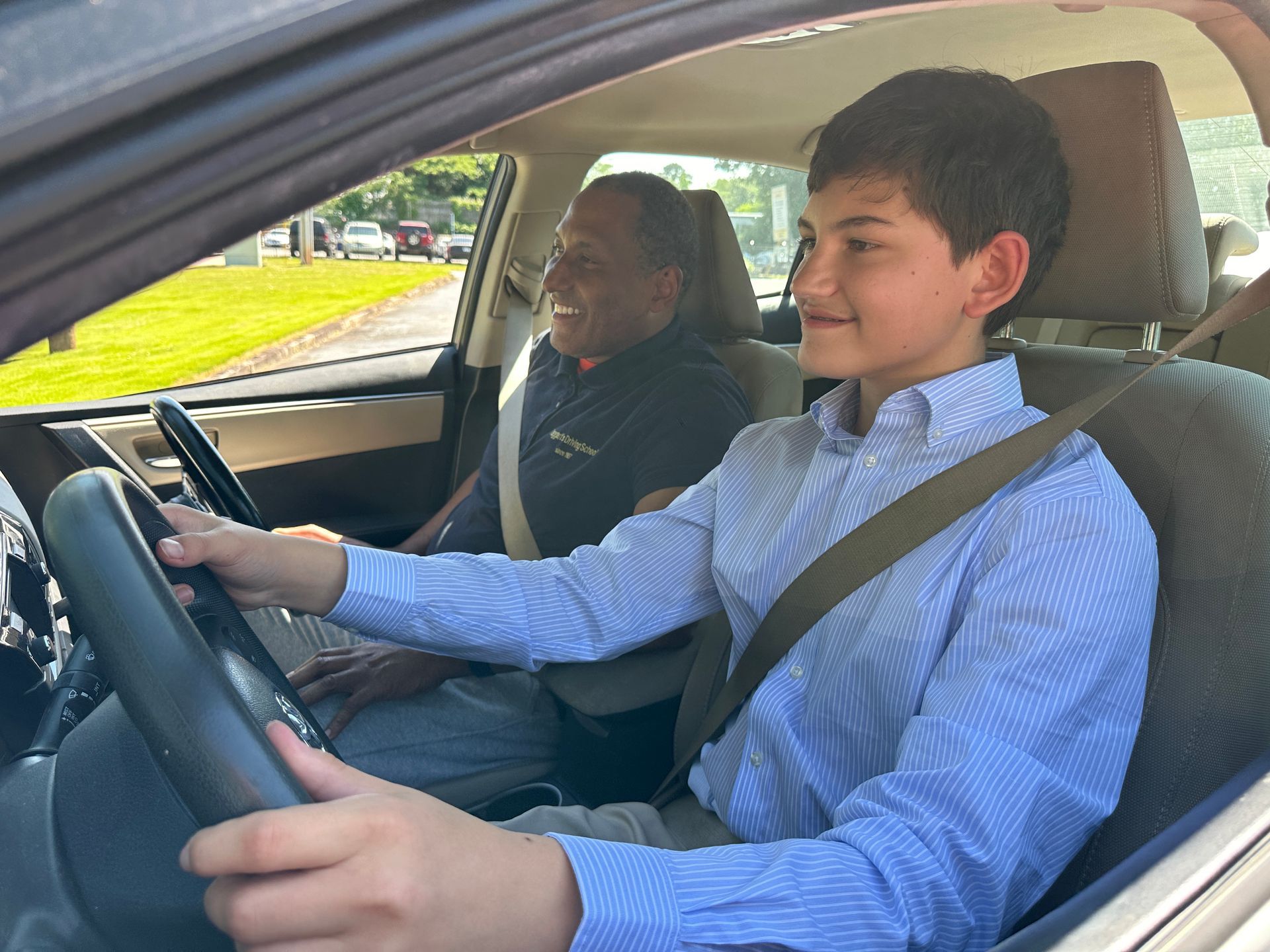Just because you have been driving for a while does not mean driving classes aren’t a good idea for you. Driving classes can save you money on insurance and traffic violations as well as help you become a better driver.
ADULT DRIVER’S EDUCATION
Georgia law requires drivers to complete a driver education program before they can get a driver’s license. In-class instruction can be a good review of driving laws, and on-road instruction will help you hone your skills.
TICKET DISMISSAL AND REINSTATEMENT
A driver improvement clinic is for people who need a ticket dismissed or reinstate a suspended licensed. If you take this six-hour course, a judge may dismiss your tickets or reduce your penalty. Georgia drivers may also take this course for points reduction. This course is required for license reinstatement.
DUI CLASSES
If you’ve been charged with a DUI offense, you will be required to take a DUI/Risk Reduction Program under Georgia law. This course gives DUI offenders a “redo” if they complete this course. Students will learn how to identify and reduce high-risk alcohol and drug behaviors how their actions could affect others.
Taggart’s Driving School offers several driver education classes to help Georgia drivers improve. From violation reduction to license reinstatement, we can help. Call us to enroll in a class today!










